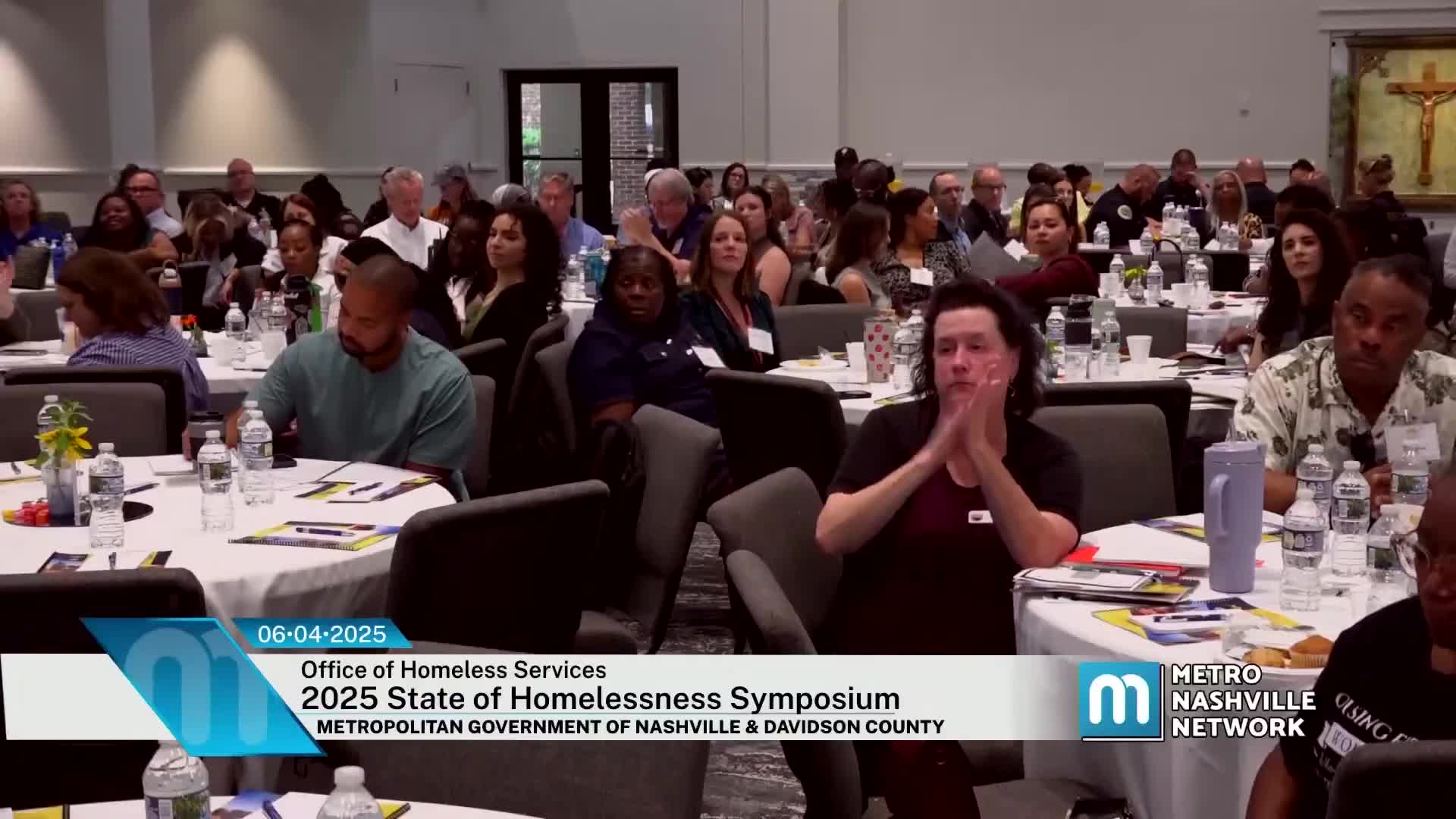Article not found
This article is no longer available. But don't worry—we've gathered other articles that discuss the same topic.
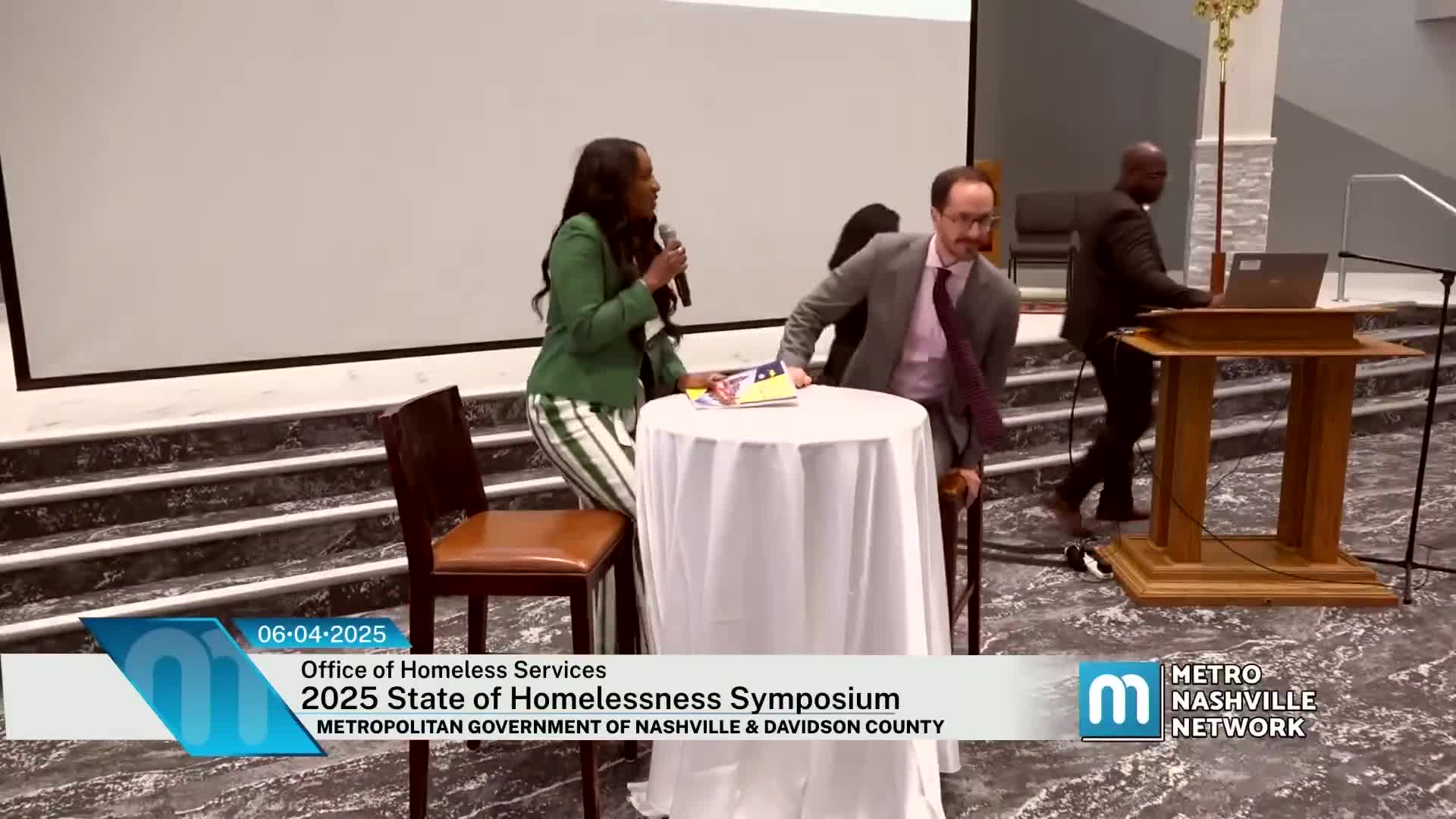
Mayor O’Connell endorses unified housing strategy and urges local partnerships; discusses encampments, vouchers and tenant protections
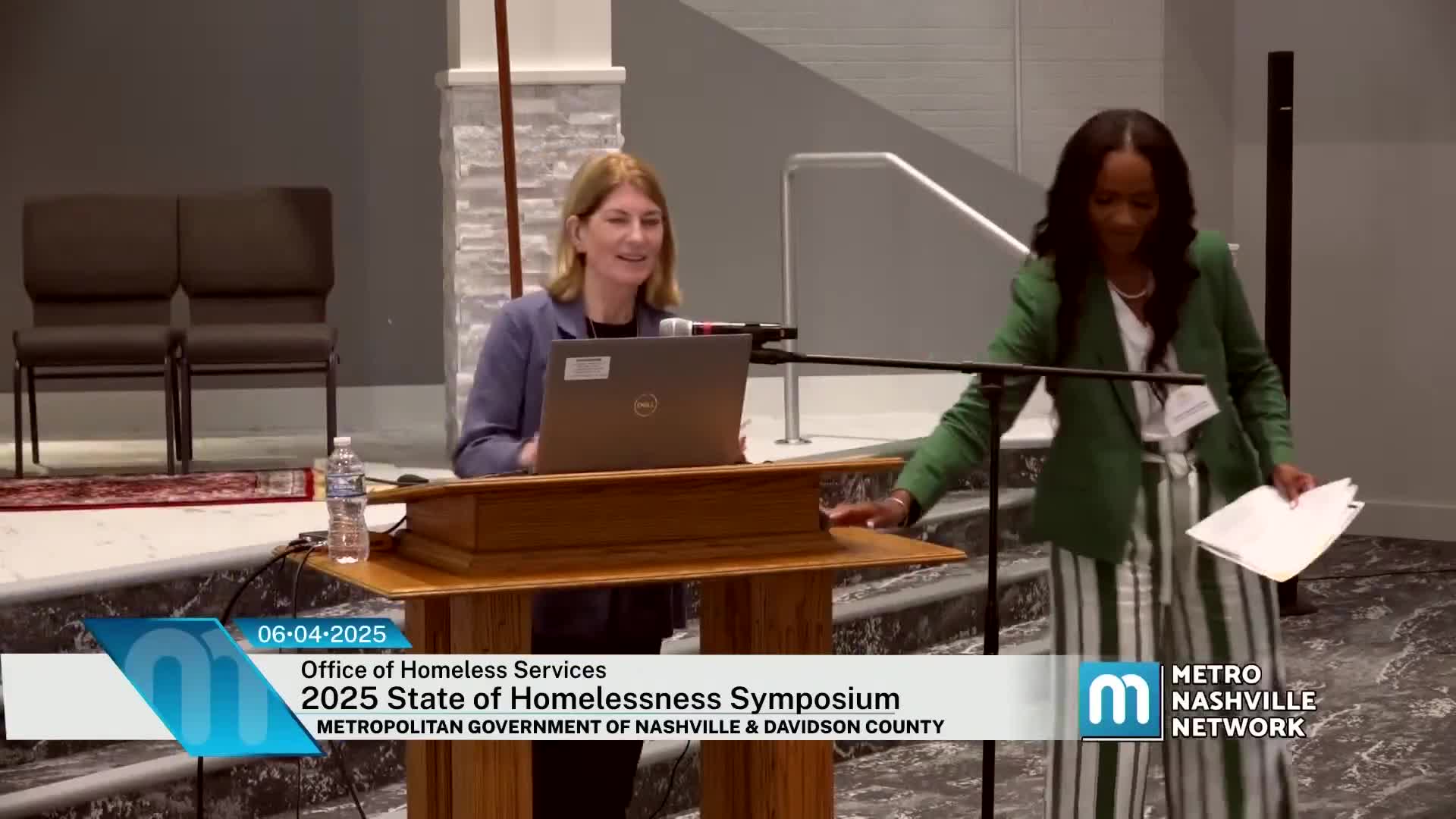
Community Solutions speaker urges systems approach, buying existing housing and new construction methods to scale housing
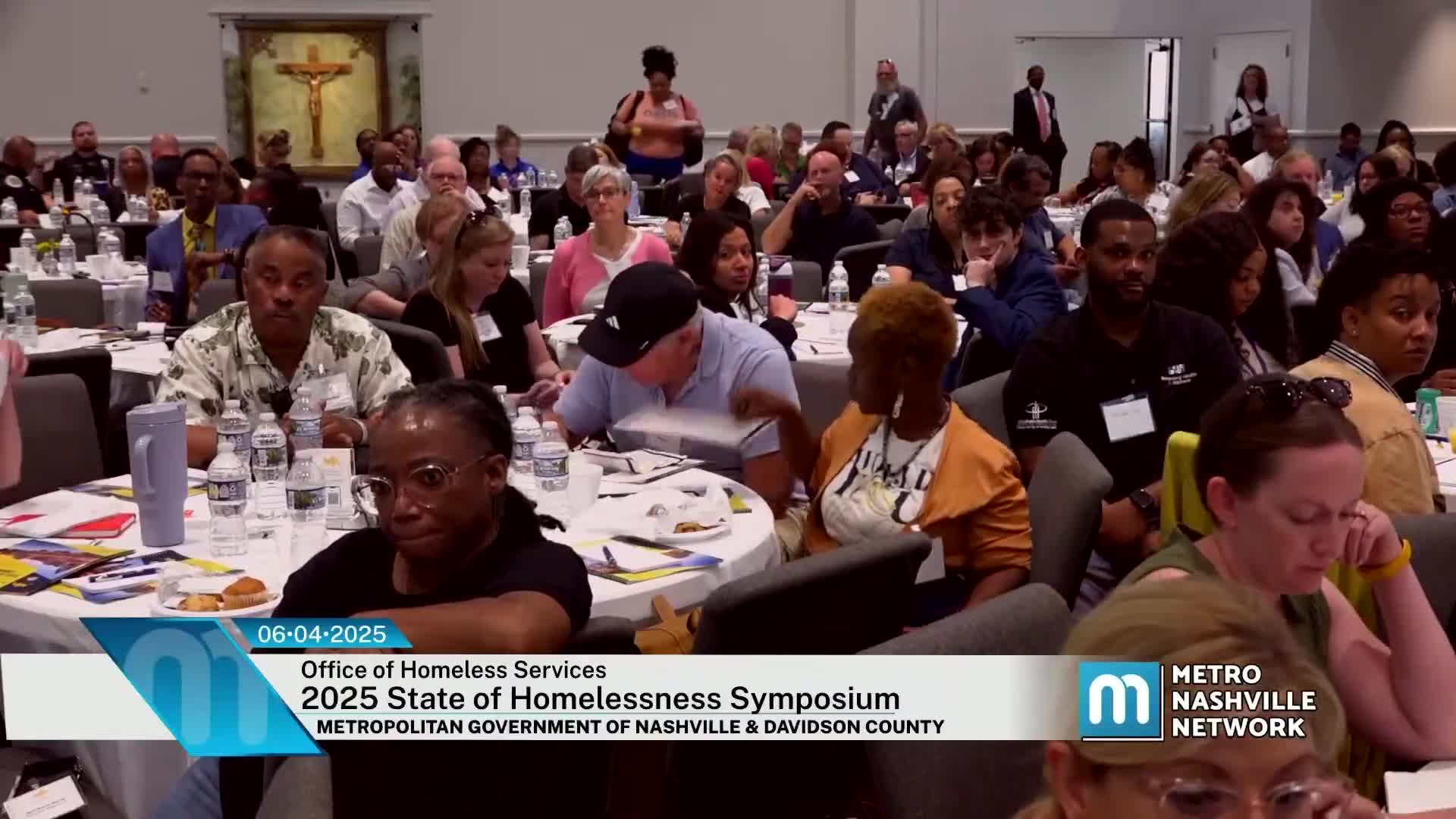
Housing First expert urges prioritization, local vouchers and rapid response line at Nashville symposium
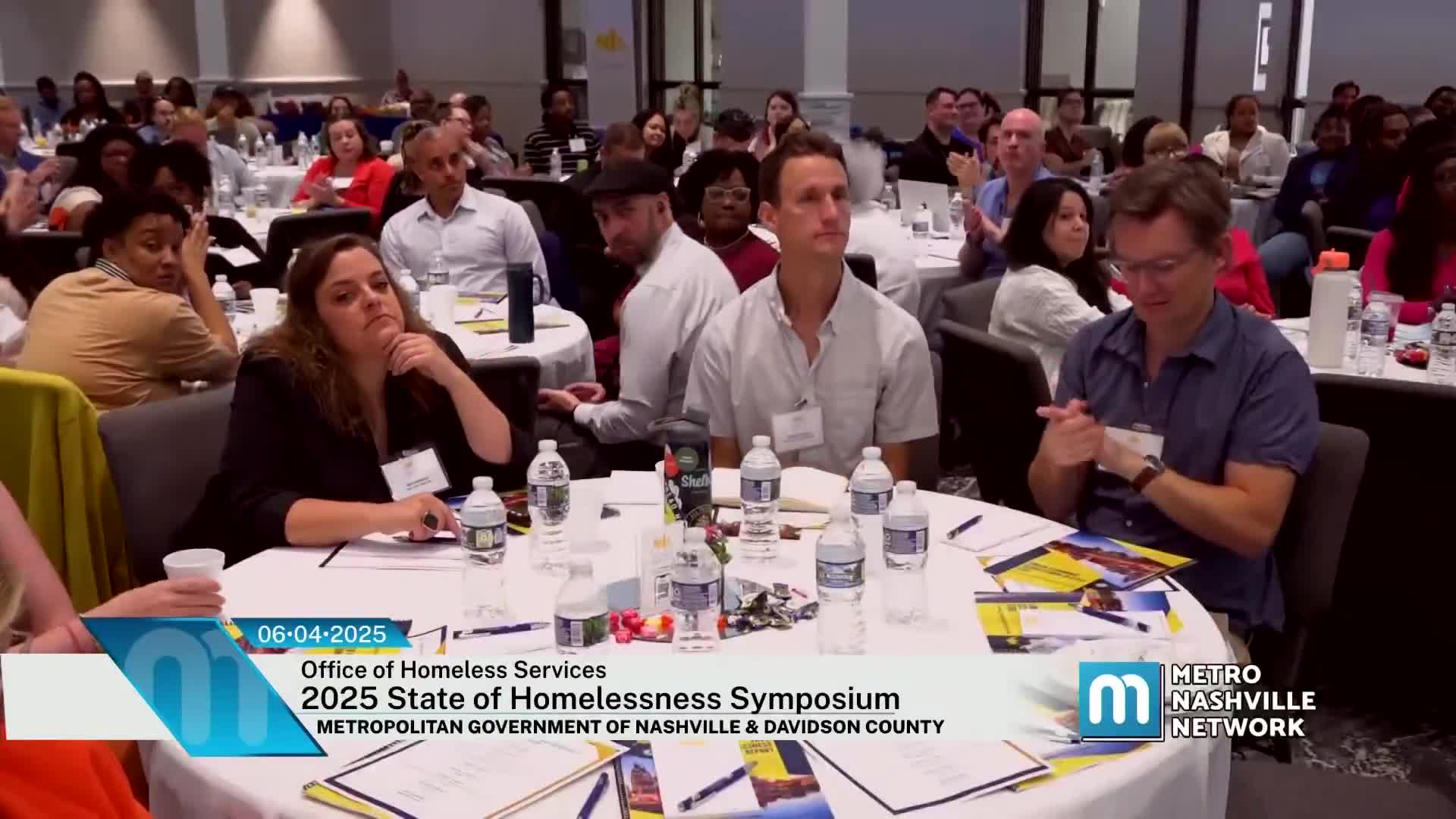
Nashville presents HUD system performance measures: HMIS data shows income gains and stable shelter trends
